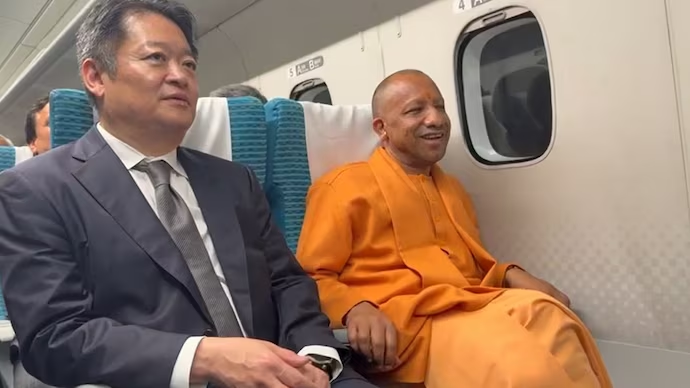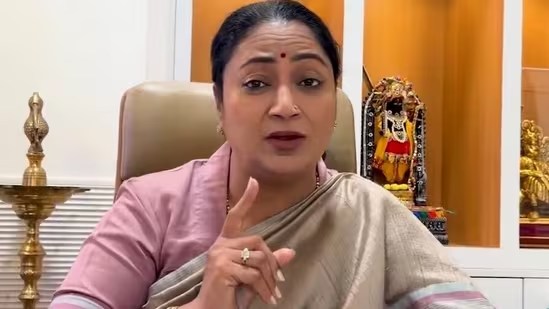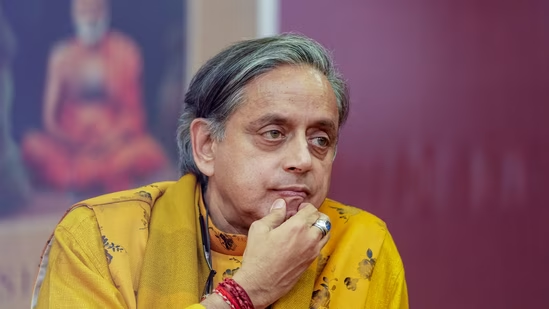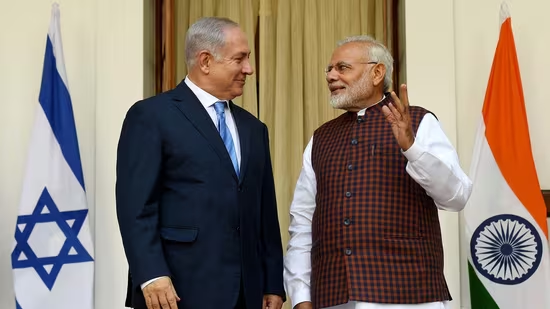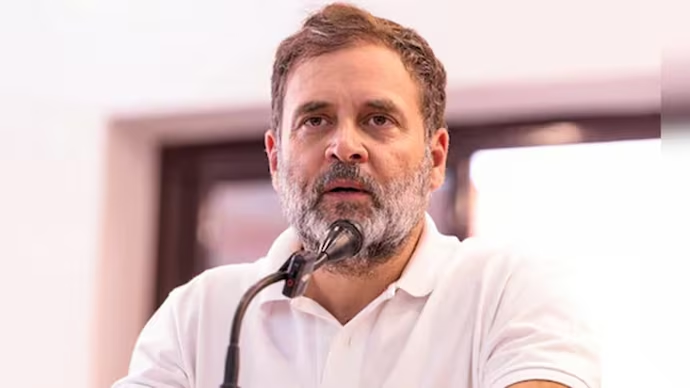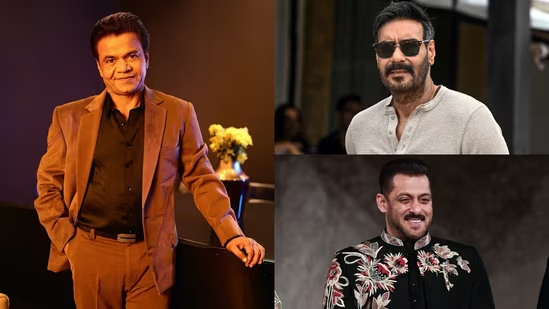Pakistan assumed Japan’s position on the United Nations Security Council, the world’s most influential diplomatic body. Starting today, Islamabad will occupy one of the two seats from the Asia-Pacific region, with South Korea occupying the other.
Pakistan will also serve as the council’s Chair in July. This will enable Islamabad to establish the agenda for the United Nations Security Council. Furthermore, Islamabad has assumed an additional critical role by obtaining a seat on the Islamic State (ISIS) and Al Qaeda Sanctions Committee. This committee is tasked with the designation of individuals and organizations as terrorists and the imposition of sanctions.
Pakistan’s eighth term as a non-permanent member of the United Nations’ highest-ranking body would commence with this new two-year term. It occurs at a critical juncture, as central and western Asia is currently grappling with political and humanitarian crises, including the war in Gaza, the crisis in Lebanon, the regime change in Syria, the conflict between Azerbaijan and Armenia, and the increased tensions between Israel and Iran.
Europe is also experiencing significant economic hardship as a result of the protracted conflict between Russia and Ukraine. South Korea is suffering from one of its most severe political crises, and there are significant concerns regarding China’s threat to Taiwan and North Korea’s military expansion in East Asia. Additionally, China has significant disagreements with Vietnam and the Philippines, which have resulted in naval confrontations.
However, Pakistan’s most apparent objective will be to elevate its rhetoric regarding Kashmir. After Pakistan assumed the seat at the UN Security Council, the envoy to the United Nations from Islamabad has already suggested this in his remarks. Munir Akram, Pakistan’s UN Ambassador, stated, “We will persist in our efforts to emphasize the Kashmir issue and advocate for tangible actions from the international community.”
Pakistan will not possess veto rights as a non-permanent member of the Security Council; however, it will exercise significant influence over the sanctions committee and have a significant say in matters such as terrorist designation.
The two-year term of Pakistan is concurrent with discussions regarding the UN Security Council’s reform, in which India is striving to become a permanent member with complete veto rights. It is probable that Islamabad will exert every effort to impede the process and impede New Delhi’s efforts to secure a legitimate seat on the council. India, the world’s most populous nation and one of the world’s leading economies, has been persistent in its pursuit of the “much-needed reforms” due to its proved track record.
Islamabad has previously declared that it will vigorously oppose the inclusion of any additional permanent members and will instead advocate for the expansion of the non-permanent category.
Islamabad has also stated that Pakistan will strive to become the “Voice of the Muslim World” as one of the five non-permanent members of the Security Council from the Organisation of Islamic Cooperation (OIC) countries, similar to India’s role as the “Voice of the Global South.”






